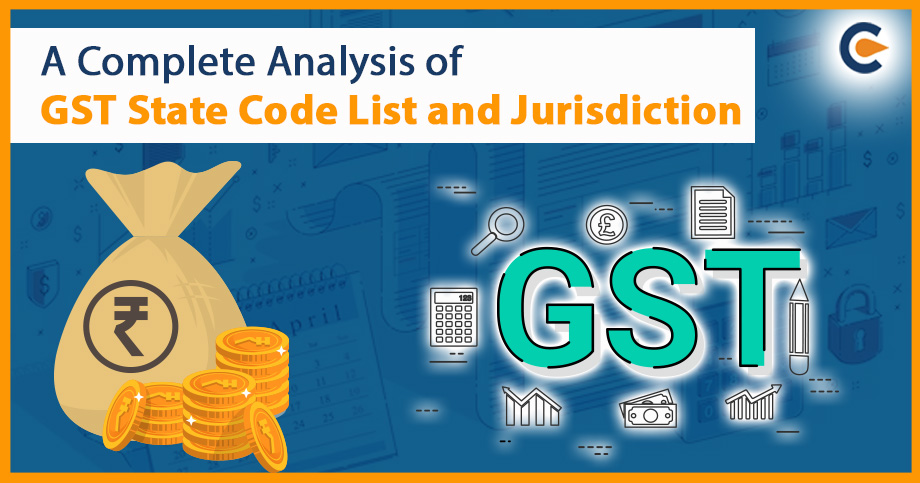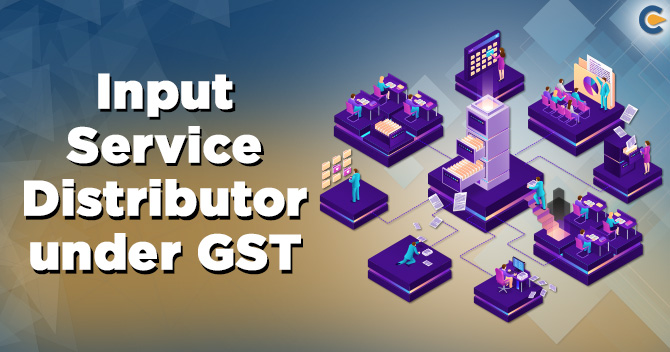Reporting one’s income, expenses, and other financial information to the tax authorities may worry many people and organizations during tax season. If you are unfamiliar with tax rules and regulations or if you have limited resources for keeping records and preparing taxes, this procedure can be extremely daunting. Correct record-keeping is a vital factor in alleviating tax-time anxiety. Individuals and organizations can avoid last-minute stress and hassle by keeping accurate records of all financial activity throughout the year. Accurate documentation facilitates the calculation of taxable income, determining tax credits and deductions, and avoiding fines and interest due to incorrect reporting. Keeping detailed records of one’s personal or company’s financial transactions also helps save time during tax preparation by giving a transparent and well-organized picture of those transactions. In this blog, we will discuss Accurate Record-Keeping and its importance for Tax Compliance.
Maintaining accurate records is essential to making tax time less stressful. Tax preparation can be streamlined, compliance with tax regulations may be ensured, and the likelihood of errors and fines can be reduced if financial records are well-organized. The resulting reduction in tax-related stress can allow them to concentrate on other elements of their lives and businesses.
Why Accurate Record-Keeping is Critical?
The maintenance of accurate records is absolutely necessary for a variety of reasons, including the following:
- Determining Taxable Income: Individuals and corporations can more accurately ascertain their taxable income with the assistance of accurate records, which provide a more complete picture of the entity’s financial activities. This comprises revenue from any and all sources, as well as deductions and credits, both of which have the potential to lower a person’s or company’s overall tax bill.
- Supporting Tax Deductions and Credits: Individuals and organizations are able to better substantiate their claims for tax deductions and credits when they maintain accurate records. These records provide verification of the kinds of expenses that are eligible for the tax benefits in question. For instance, maintaining records of charitable donations and business expenses can assist in substantiating claims for tax credits and deductions.
- Avoiding Penalties and Interest Charges: The authorities in charge of taxes have the authority to levy fines and interest charges as a result of inaccurately reported financial information. Record-keeping that is accurate helps individuals and organizations avoid incurring penalties and costs of any kind by ensuring that they accurately report their financial information.
- Facilitating Audits: Maintaining accurate records might make it easier for tax officials to conduct audits of a business. In the event of an audit, having records that are well-organized and up-to-date can assist people and businesses in swiftly providing the information requested by the tax authorities. This can help reduce the amount of time needed for the audit as well as the related stress.
The process of preparing taxes involves a number of steps, one of which is the maintenance of proper records. Individuals and organizations can avoid penalties and interest charges, assure compliance with tax rules, support tax deductions and credits, and make audits easier by maintaining accurate records of financial transactions.
Benefits of Accurate Record-Keeping
Accurate record-keeping offers a number of benefits, including the following:
- Better financial management: Individuals and businesses are able to have a deeper understanding of their current financial condition and make more educated choices regarding their spending and saving behaviours when accurate records are maintained. This has the potential to lead to enhanced fiscal management as well as stability.
- Increased tax compliance: Maintaining accurate records enables individuals and organizations to remain in compliance with tax rules by ensuring that all financial transactions are appropriately recorded and reported. This helps individuals and businesses remain tax-compliant. This lowers the likelihood that you will be subject to fines as well as interest charges.
- Improved decision-making: A person or company’s financial operations can be visualized in an obvious and comprehensive manner with the help of records that have been kept in an accurate manner. This information can be put to use in the process of making educated decisions regarding investments, expenditures, and other aspects of one’s financial situation.
- Efficient tax preparation: Maintaining accurate records facilitates the speedier and more effective preparation of tax returns. This is due to the fact that individuals and businesses may readily obtain the information they need to submit their tax returns, which in turn reduces the amount of time and effort required to prepare taxes.
How to Maintain Accurate-Records?
In order to keep accurate-records for the purposes of filing your income tax return, you should:
- Track all income sources: Maintain an accurate account of all of your sources of revenue, such as your salary, the money you get from your business, the money you get from renting out your property, the money you get from investments, and any other sources of income. Be sure to save any documentation that is important, such as a W-2 form if you earned money from a salary or a 1099 form if you earned money from investments.
- Document expenses: It is equally as crucial to keep track of the revenue as it is to record all of the costs associated with making a living. This includes the cost of conducting business, the cost of traveling for educational purposes, and any other deductions to which you might be entitled. Be sure to maintain all supporting documentation for these expenditures, including receipts, invoices, and any other documents.
- Use a reliable method of record-keeping: Maintaining an accurate record of your financial data can be accomplished through the utilization of a spreadsheet, specialized accounting software, or the services of an experienced bookkeeper. You should commit to using the approach that has been shown to yield the best results for you.
- Stay organized: Organize your records storage and filing so that you can quickly access them when you need them. This might be as straightforward as a filing cabinet with clearly labelled files or a digital platform that enables quick categorization and information searching.
- Reconcile bank and credit card statements: Make sure that all of your financial transactions are correctly recorded and accounted for by performing regular reconciliations of your bank and credit card statements with your records. This will also assist you in identifying and avoiding fraudulent activity.
- Keep records for the appropriate amount of time: It is advised to preserve records for at least 7 years because the IRS has a 3-year audit window and a 6-year assessment window for cases of substantial underreporting of income.
- Keep accurate records of capital gains and losses: If you have investments, it is essential that you maintain accurate records of any profits or losses related to your portfolio’s capital. When determining how much tax you are required to pay, this information is going to be crucial.
You will be able to assure compliance with tax rules and be prepared in the event that an audit is performed if you follow these measures and keep proper records.
Conclusion
In conclusion, maintaining correct records for the sake of filing income taxes is an essential component of effective financial management. You will have a crystal clear image of your current financial situation and will have an easier time preparing your tax returns if you maintain organization and keep detailed records of all of your revenue sources and expenses. Therefore, whether you have been running a business for a while or are just getting started, it is important to take the time to keep proper records because it can pay you in the long term. When you have the assurance that comes from knowing that all of your financial information is in good order, you are free to put your attention on expanding your money and following your interests.
Read our Article:Know About The Taxation Of Educational Institutions Under GST











